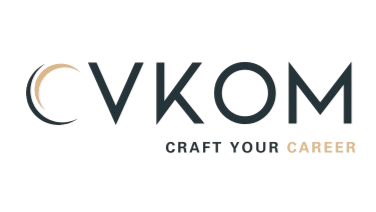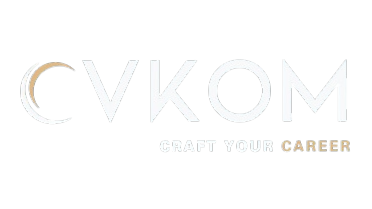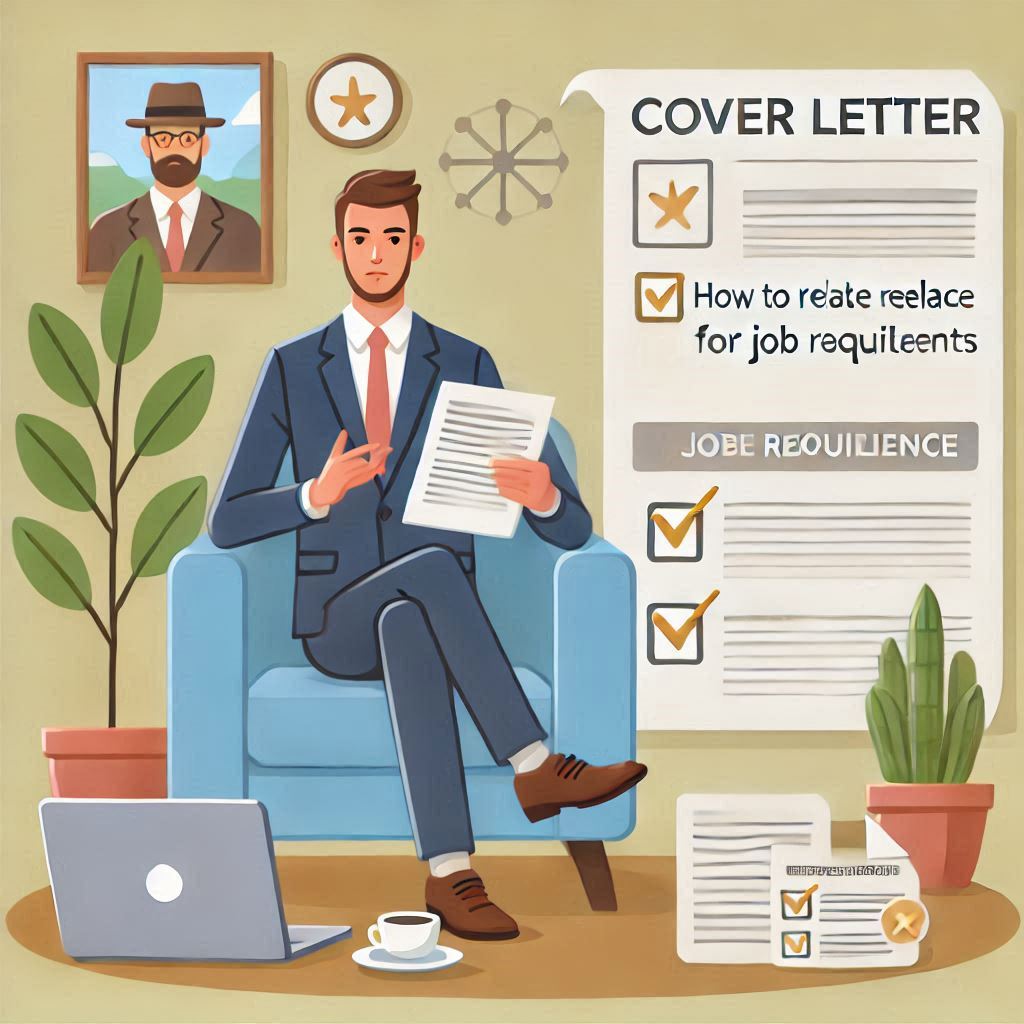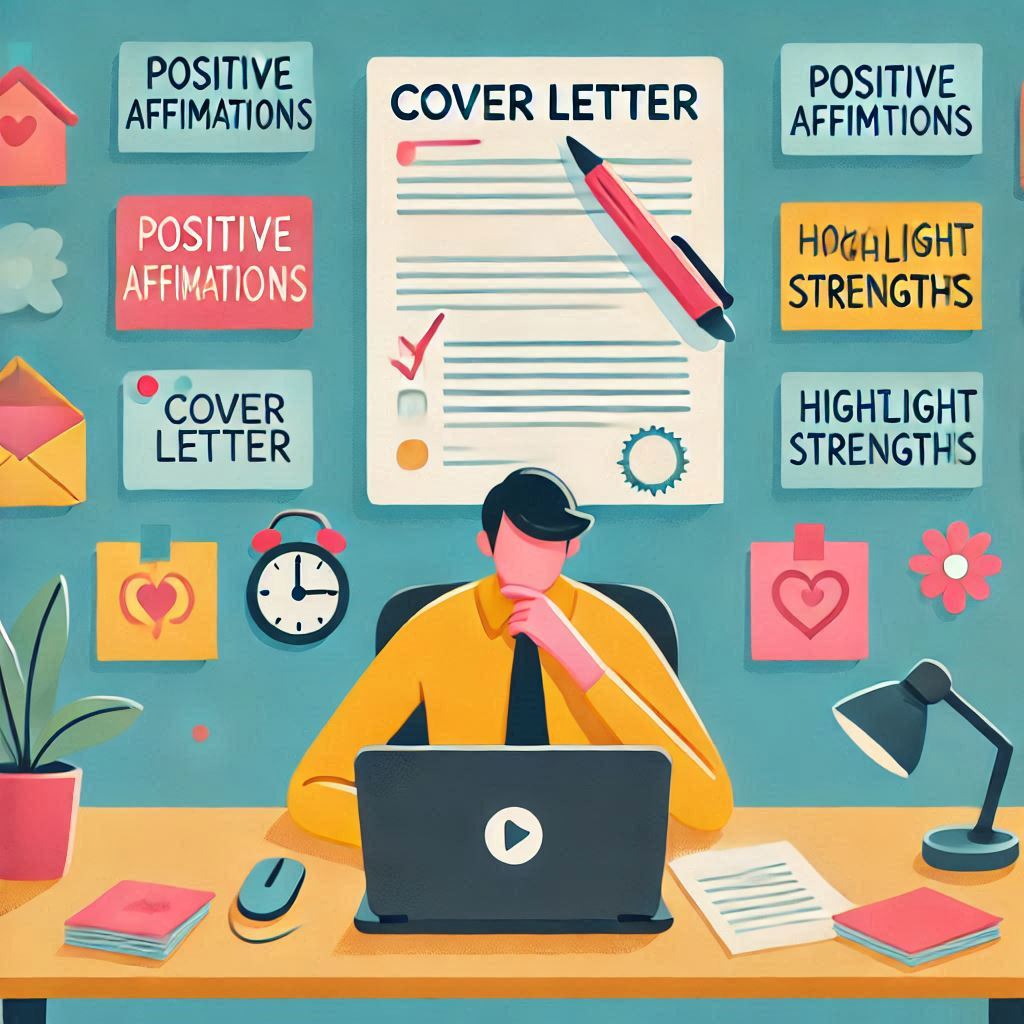Land the Interview: Connect Your Experience to the Job
- Analyze the Job Description: Identify key skills and requirements.
- Highlight Relevant Skills: Use keywords and demonstrate your value.
- Show, Don't Tell: Use the STAR method to showcase your achievements.
How to
Relate Your Experience to Job Requirements in a Cover Letter
Relating your experience to the job
requirements is one of the most critical aspects of writing a successful cover
letter. This approach demonstrates to hiring managers that you not only
understand what the role entails but also possess the skills and qualifications
needed to excel in it. At CVKOM, we help job seekers craft tailored
cover letters that align their experiences with job descriptions, ensuring they
stand out in competitive job markets. Here’s how to effectively connect your
experience to job requirements in a cover letter.
Why
It’s Important to Relate Your Experience
- Shows Relevance:
Highlighting your relevant experiences reassures hiring managers that
you’re a strong candidate for the position.
- Demonstrates Understanding: Relating your experience shows that you’ve carefully
read and understood the job description.
- Increases Impact:
A targeted cover letter leaves a stronger impression than a generic one.
- Highlights Value:
It emphasizes how you can contribute to the company’s goals using your
past achievements.
Step-by-Step
Guide to Relating Your Experience
1.
Analyze the Job Description
Start by thoroughly reading the job
posting and identifying the key responsibilities, qualifications, and skills
required.
Tips:
- Highlight the most important keywords and phrases in
the job description.
- Focus on the top 3–5 qualifications that align with
your strengths.
Example:
If the job description emphasizes “project management” and “collaboration
skills,” ensure you address these in your cover letter.
2.
Identify Your Relevant Experiences
Reflect on your past roles, internships, or educational experiences that demonstrate the skills and
qualifications required for the job.
Tips:
- Think about your accomplishments, challenges you’ve
overcome, and the skills you used to succeed.
- Choose examples that are quantifiable and directly
relevant to the job.
Example:
"In my previous role as a Project Manager, I successfully led a
cross-functional team to deliver a $1M project on time and under budget."
3.
Use Keywords from the Job Description
Incorporating the same keywords from
the job description makes it clear that your experience aligns with the role.
Tips:
- Use terms like “teamwork,” “data analysis,” or
“customer service” if they appear in the job posting.
- Avoid copying and pasting entire phrases—use the
keywords naturally in your context.
Example:
"Your emphasis on data-driven decision-making aligns with my experience
in analyzing customer trends to develop targeted marketing strategies."
4.
Highlight Specific Achievements
Rather than just listing
responsibilities, focus on achievements that demonstrate how you’ve excelled in
similar roles.
Tips:
- Use metrics to quantify your impact (e.g., “increased
sales by 30%” or “reduced operational costs by 15%”).
- Share success stories using the STAR method (Situation,
Task, Action, Result).
Example:
"While working as a Sales Associate, I developed a new client
engagement strategy that boosted monthly revenue by 25% within three
months."
5.
Match Your Skills to the Company’s Needs
Frame your experiences to show how they meet the company’s goals or solve their challenges.
Tips:
- Research the company to understand its mission, values,
and recent achievements.
- Tailor your examples to show how you can contribute to
their success.
Example:
"I understand [Company Name] is expanding its digital marketing
efforts. In my previous role, I successfully launched a social media campaign
that increased engagement by 40%, a skill I am eager to bring to your
team."
6.
Emphasize Transferable Skills
If you’re switching industries or
applying for a new type of role, highlight transferable skills that are
valuable in the new position.
Tips:
- Focus on skills like leadership, communication,
problem-solving, or adaptability.
- Use examples to demonstrate how these skills have
helped you succeed in the past.
Example:
"As a Teacher, I honed my communication and organizational skills,
which I believe will help me excel in a customer-facing role at [Company
Name]."
7.
Show Enthusiasm for the Role
Linking your experience to the job
requirements isn’t just about skills—it’s also about showing genuine interest in the role and company.
Tips:
- Express excitement about the company’s mission,
culture, or projects.
- Align your personal values with the company’s goals.
Example:
"Your commitment to innovation in renewable energy aligns with my
passion for sustainability, which I demonstrated by leading a campus initiative
that reduced energy consumption by 20%."
Example
of a Tailored Cover Letter
Dear [Hiring Manager's Name],
I was excited to see the opening for
the [Position Title] role at [Company Name]. With my background in [Your Field]
and proven expertise in [Specific Skill], I am confident that I can contribute
to your team and help achieve [Company Goal].
In my previous role at [Company
Name], I successfully [specific achievement]. This experience required
[specific skills from job description], which I see as key requirements for
this role. For example, I [specific example of how you applied the skills relevant
to the job].
Additionally, I am passionate about
[align with company mission or values]. Your focus on [specific company
initiative] resonates deeply with my own professional goals, and I am eager to
bring my expertise in [related skill] to your team.
Thank you for considering my
application. I look forward to the opportunity to discuss how my background
aligns with your needs.
Sincerely,
[Your Name]
Common
Mistakes to Avoid
- Using Generic Examples: Always tailor your examples to the specific job.
- Overloading with Irrelevant Information: Focus only on experiences that align with the role.
- Neglecting to Quantify Achievements: Use numbers or metrics whenever possible.
- Failing to Customize for Each Job: Avoid using the same cover letter for multiple
applications.
How
CVKOM Can Help You Tailor Your Cover Letter
At CVKOM, we provide tools
and resources to help you craft personalized cover letters:
- AI-Powered Content Suggestions: Get tailored recommendations based on the job
description.
- Customizable Templates: Use professionally designed templates that align with
the industry.
- Keyword Integration:
Ensure your cover letter matches the job’s keywords naturally and
effectively.
Conclusion
Relating your experience to the job
requirements is essential for making your cover letter impactful and
persuasive. By aligning your skills, achievements, and enthusiasm with the
company’s needs, you can demonstrate your value as a candidate. At CVKOM,
we help job seekers create tailored, results-driven cover letters that showcase
their potential. Start crafting your personalized cover letter today!






